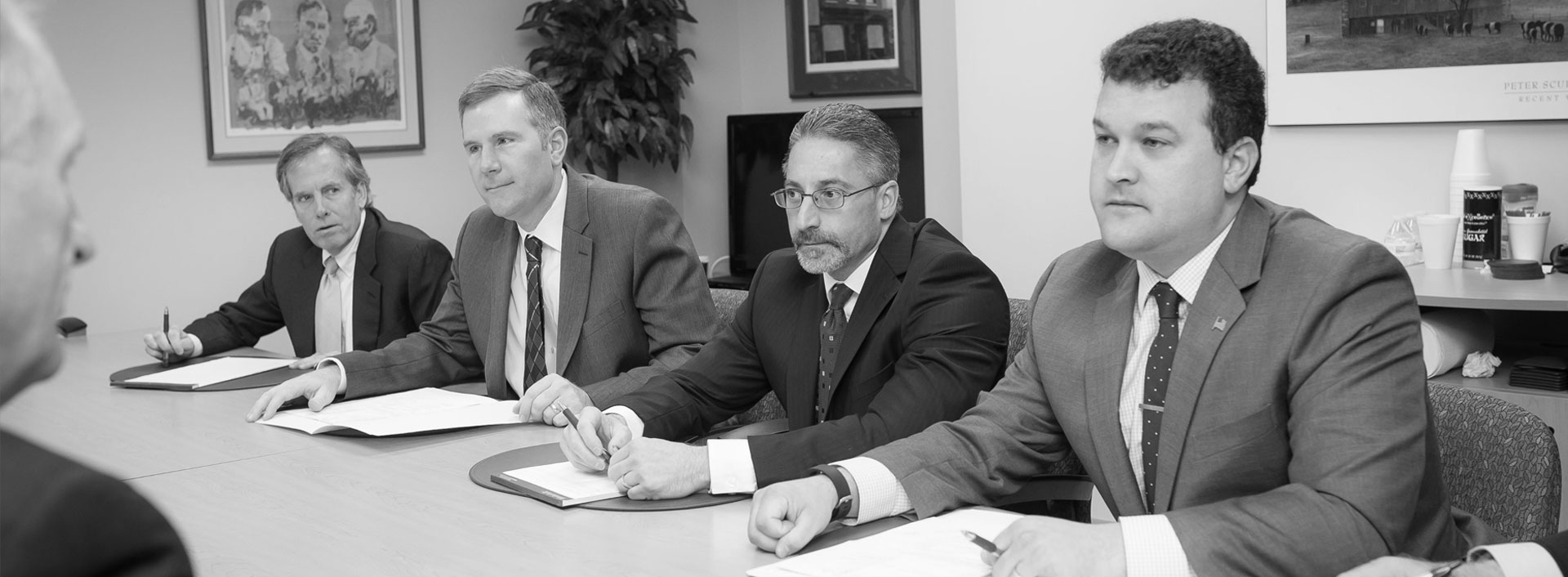Probate
Probate is the legal mechanism by which an estate is settled by the court. The purpose of probate is to prevent fraud after someone’s death. If the decedent had a will, they would normally have appointed an executor who is tasked with gathering and distributing assets, paying taxes, and other related duties. If the decedent did not have a will, the court would appoint an executor. An estate must go through probate regardless of whether the decedent died with valid will or not. When someone dies without a will, we say they died “intestate.” Probate laws dictate how the intestate decedent’s assets will be distributed.
Must All Estates Go Through Probate?
Estates with less than $50,000 in assets can use a simplified probate procedure. That amount does not include real estate, amounts used to pay funeral expenses, and certain other statutorily specified assets. If a decedent had most of their assets tied up in a Living Trust, then the estate does not need to go through probate so long as all assets outside the trust are below the $50,000 threshold. An executor must petition the court to distribute the decedent’s assets via the simplified probate procedure.
Even if a person’s estate must go through probate, not all assets are subject to probate. These include:
- Joint tenancy property (property owned by two individuals as joint tenants)
- Tenancy by the Entirety or Community Property with Right of Survivorship (limited to married couples)
- Up to $10,000 held in bank accounts can be released to the surviving spouse or other close family members
- Up to $5,000 in wages earned prior to death, paid to the survivor by the decedent’s employer
- Life insurance payable to the estate
- Retirement accounts and life insurance policies with beneficiary designations
- Payable on Death (POD) bank accounts
Overview of the Probate Process in Pennsylvania
To settle an estate through Probate in Pennsylvania, the following steps must be taken. First, the Will must be filed with the Register of Wills in the county where the decedent resided. Next, a petition for probate must be filed with the Orphan’s Court (the local Pennsylvania probate court). The petition must request an executor, if none has been named. All heirs and beneficiaries must be notified. Then, the court issues “Letters Testamentary” to the executor, giving them authority to act on behalf of the estate.
Once the executor has been appointed, notice of probate must be published in a newspaper that circulates where the decedent resided, to alert creditors to their death. Creditors have one year after publication of the notice to make a claim against the estate.
Next, the estate’s assets must be inventoried. Once all creditors and taxes have been paid, the court must be petitioned to close probate. The court will issue an order distributing the estate’s property to the beneficiaries. The executor is entitled to reasonable fees for their services. The fees are subject to income taxes, and many executors forego their fees.
Finally, when anyone but the surviving spouse or a charity is a named beneficiary, they must pay an inheritance tax. Although beneficiaries must pay this tax, Pennsylvania does not impose its own estate tax. Federal taxes are only due on extremely large estates (approximately $6 million or more).
Delaware County Wills and Estates Lawyers at Eckell Sparks Handle All Aspects of Probate
To learn more how a Delaware County wills and estates lawyer at Eckell, Sparks, Levy, Auerbach, Monte, Sloane, Matthews & Auslander, P.C. can help you, call us today at 610-565-3701 or contact us online. With offices located in Media and West Chester, we serve clients throughout Southeastern Pennsylvania, including Delaware County, Chester County, and Montgomery County, and the communities of Ambler, Glenside, Media, Norristown, Pottstown, Springfield, and West Chester.
